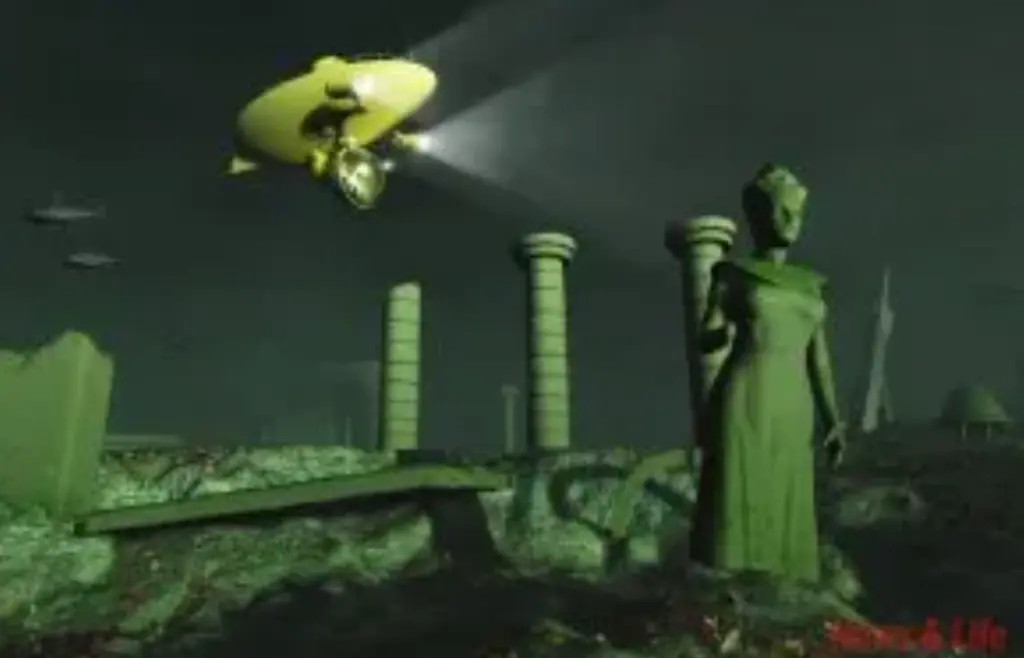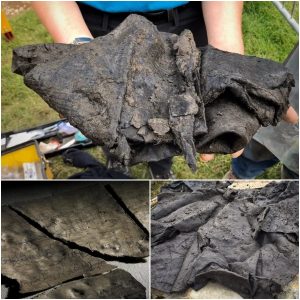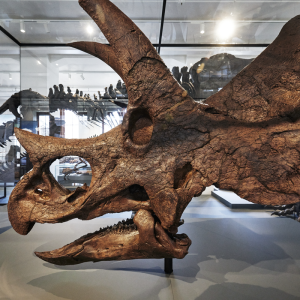In a monumental discovery that has shaken the foundations of our understanding of human history, archaeological experts have unveiled a trove of evidence indicating the existence of sophisticated civilizations long before the onset of the last Ice Age.
The findings, gathered from meticulously excavated sites across the globe, challenge the widely accepted timeline of human development, suggesting that advanced societies capable of large-scale construction and technological prowess predated the commonly believed origins of recorded history.

“What we’ve uncovered is nothing short of revolutionary,” said Dr. Emily Winters, the lead researcher on the international team behind the groundbreaking discovery. “The implications of this evidence are staggering, and they force us to completely rethink our understanding of the human story.”
Among the most compelling artifacts discovered are the remnants of sprawling, highly organized cities, complete with intricate infrastructure, sophisticated engineering, and advanced architectural design. These ancient metropolises, found in remote locations from the Sahara Desert to the Amazon rainforest, indicate the existence of complex societal structures and economic systems that thrived long before the dawn of commonly recognized ancient civilizations.

“We’re talking about civilizations that potentially date back tens of thousands of years, long before the rise of Egypt, Mesopotamia, or any other known ancient cultures,” Dr. Winters explained. “The level of complexity and technological advancement we’re seeing is truly unprecedented for what we thought was the prehistoric era.”
Adding to the mystery are the discovery of advanced tools, weaponry, and even what appear to be remnants of advanced transportation systems, all of which showcase a level of engineering and manufacturing prowess that challenges the conventional understanding of humankind’s technological evolution.
“These artifacts demonstrate a mastery of materials, engineering, and design that we simply don’t associate with pre-agricultural societies,” said Dr. Javier Hernandez, an archaeologist specializing in ancient technology. “It’s as if we’ve stumbled upon the legacy of a lost world, one that was far more advanced than anything we’ve ever known.”

The team’s findings have sent shockwaves through the academic community, spurring heated debates and prompting calls for further, more extensive research. Some experts have even gone so far as to suggest the involvement of extraterrestrial influences, a notion that has only added to the growing sense of wonder and uncertainty surrounding these groundbreaking discoveries.
“We’re standing at the precipice of a revolution in our understanding of human history,” Dr. Winters concluded. “These findings have the potential to rewrite everything we thought we knew about the origins and development of civilization. The journey ahead is sure to be filled with more surprises and revelations that will forever change the way we view our place in the world.”

As the international team continues to meticulously analyze and interpret the wealth of evidence they have amassed, the global community waits with bated breath, eager to unravel the mysteries of this lost world and the implications it holds for our collective understanding of our shared past.





